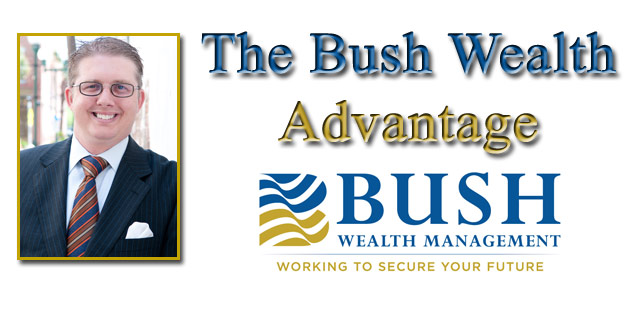Stacy Bush, Valdosta Today Business Contributor
Investors who are looking for a short-term cash alternative often find certificates of deposit to their liking.
But when a CD matures — when it stops earning interest — investors are faced with a choice of what to do with the proceeds. This can be a difficult decision, especially if an investor purchased a CD when interest rates were higher and then must consider whether to purchase a new CD when interest rates are low.
CDs are short or medium-term debt investments offered by banks and savings and loans. CDs also can be purchased through most brokerage firms. They’re insured for up to $250,000 per depositor, per institution in interest and principal by the Federal Deposit Insurance Corp. (FDIC).
CD holders agreed to keep their money in the account for a specified amount of time anywhere from one month to five years. If money is withdrawn from a bank-purchased CD before the specified period expires, the CD holder may face penalties. Brokerage-purchased CDs trade in a secondary market, which may provide the holder the option to sell the CD for prevailing market prices (prevailing prices may be more or less than the original amount invested). Brokerage-purchased CDs are more complex and may not be suitable for all investors. Investors are encouraged to read the terms and conditions before purchasing a CD through a brokerage.
Three Choices
Generally, investors have three options when a CD matures:
- Option 1: They can roll the proceeds into another CD
- Option 2: Invest the proceeds into another cash alternative.
- Option 3: Invest the proceeds in another type of investment.
Some banks will automatically roll the CD proceeds into another certificate of deposit unless instructed otherwise. That makes it critical to keep track of when CDs mature.
When rolling over a CD, it is important to be aware of the interest rates being offered. CD rates rise and fall, and the interest rates offered may be more or less than those earned on the maturing CD.
Another Cash Alternative
Investors also may elect to invest the proceeds in another cash alternative. One alternative is short-term U.S. Treasury bills which are backed by the full faith and credit of the federal government for the timely payment of principal and interest. These are debt-based investments; investors lend money to the U.S. government and are paid a specified rate of return.
Another Investment
Investors may elect to invest the proceeds in another type of investment. However, other investments that offer a higher yield generally carry more risk. So investors should consider the role CDs are playing in their portfolios and attempt to determine if adding additional risk would be appropriate, given their situation.
When one of your CDs matures, you face a number of choices. Knowing your options can help you make a sound investment decision.
Stacy Bush has practiced independent financial advising in the Valdosta area for 14 years. Growing up on a farm in Donalsonville, Georgia, he is keen to the financial needs of South Georgia and North Florida families. Stacy and his wife, Carla, live in Valdosta with their four children. You can submit questions about this article to askstacybush@lpl.com











